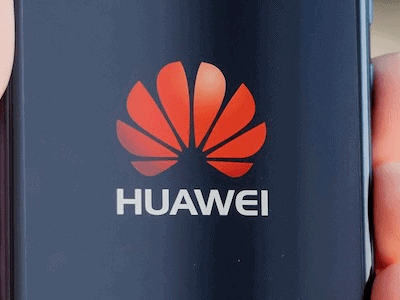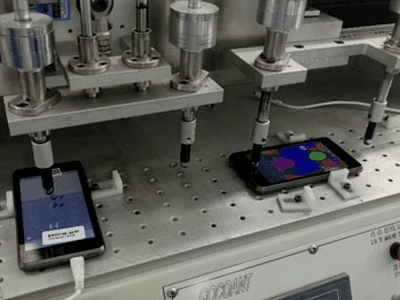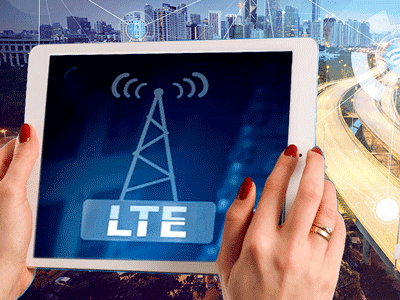While ‘Nirbhaya’ / ‘Amanat’ / ’Damini’ was cremated in the wee hours of Sunday, December 30 at Delhi, the country as a whole has been shocked and desperately looks to finding solutions, in order to get rid of rampant social evils such as ‘eve teasing’, violence against and sexual harassment of women in all walks of life.
This, obviously, will be a long battle and will involve interventions on several fronts – changes in social mindset and behaviour towards girls and women, gender sensitization starting from primary school, better policing, more effective laws, a ‘zero tolerance’ and efficient criminal justice system, better lighting on city streets and so on.
Some have been also thinking of how to use technology to increase the safety of women and perhaps avoid such instances from being repeated. Mr. Anand Mahindra, Chairman, Mahindra & Mahindra took up a suggestion he received on Twitter, and got the team at TechMahindra to develop an app in just one day, that would help girls to be tracked by their family / guardians and trigger notifications to designated numbers in times of distress. Well, this is not the first solution of its kind. Other apps of a similar nature are also available.
Similarly, we have heard common people as well as some senior government officials suggesting increased video surveillance in public transport systems, creating a database of habitual eve teasers, radio tagging of rapists and many other technology dependent remedies. Since I literally breathe in technology every day, I too was struck by the idea of trying to develop ‘innovative’ ways of addressing the issue of safety of women, children and the elderly using technology. For instance, could a sensor based solution be developed and deployed on a mass scale that would inform police, NGOs etc. in advance if an individual woman senses a genuine threat to her safety. Technically this might be feasible. But then I concluded that perhaps we are expecting too much out of technology. Technology alone is not the answer or solution to this problem. We are expecting too much, if we leave the solution to technology alone to monitor and alert against deviant human behaviour.
Whatever social class, age group or sex one may belong to, there are definite and visible signs of moral and social degradation all around. While technology can help, we really need to look for solutions that will be impactful in the long term and bring about a change in social / group norms or behaviour as well as the family and individual value system. And this transformation in social consciousness must be at the core of our belief system. Unfortunately, technology alone cannot help here. We need to increase, what I call, our Spirituality Quotient or SQ as a society and as individuals. We must practice what every religion and faith teaches us – that being human means, first and foremost, respecting another human being’s life and dignity as much as we love our family and ourselves. This is the crux of a good, civilised society and must be reinforced at every opportunity – the family TV room, social gatherings, public performances, political discourse et al. We must not let what happens in and around us contradict our claims of being religious or spiritual.
I feel we would miss the lesson completely, and the brave Delhi girl’s sacrifice would have been in vain, if we do not wake up and take definite, visible steps to implement a series of strong measures in all spheres of our social, educational, political and law & order domains.
These steps must be designed to identify and address the root cause behind the enactment of such barbaric acts as rape and murder of innocent victims.
Again, technology can help, but by itself is not going to bring about a substantial and positive change. For instance, what will happen by installing surveillance cameras in public transport buses? Any potential rapist will still rape or eve-tease. The only good it will do is helping identify the criminals. But we cannot underestimate the preparations of such potential offenders. They can always fool the technology by snagging a wire or simply breaking the camera. Thus, technological remedies will only help to a limited extent, by making the environment uncomfortable for such heinous crimes. It is unlikely to result in a real change in social mindsets.
What we really need is to implement solutions that bring in a genuine, sustained change in society. While the Mother Goddess is widely worshipped in India, what we really need is to start respecting our women friends, colleagues and relatives as individuals in their own right; as a Devi in the true sense, rather than viewing them / her as objects of desire in their screen personas of ‘Munni’ , ‘Sheila’ or ‘Anarkali’. Such stereotyping of women in derogatory roles subconsciously impacts the perceptions of young, influential minds who start viewing women as being some kind of objects of entertainment and lust.
Technology will definitely help us in all walks of life, particularly the economic upliftment of large numbers of poor by providing them access to cheaper, more effective sanitation, healthcare, learning and employment opportunities. But it is high time that technology starts to play a bigger role in the moral and social upliftment of individual citizens and the society at large. A word of caution, though – technology can be a good facilitator or means, not something that can replace deviant human behaviour or socio-cultural prejudices. For that, each one of us needs to change from within.
With contribution from Vishaal Bhatnagar, Associate Vice President, Marketing and Communications, CyberMedia Research.












